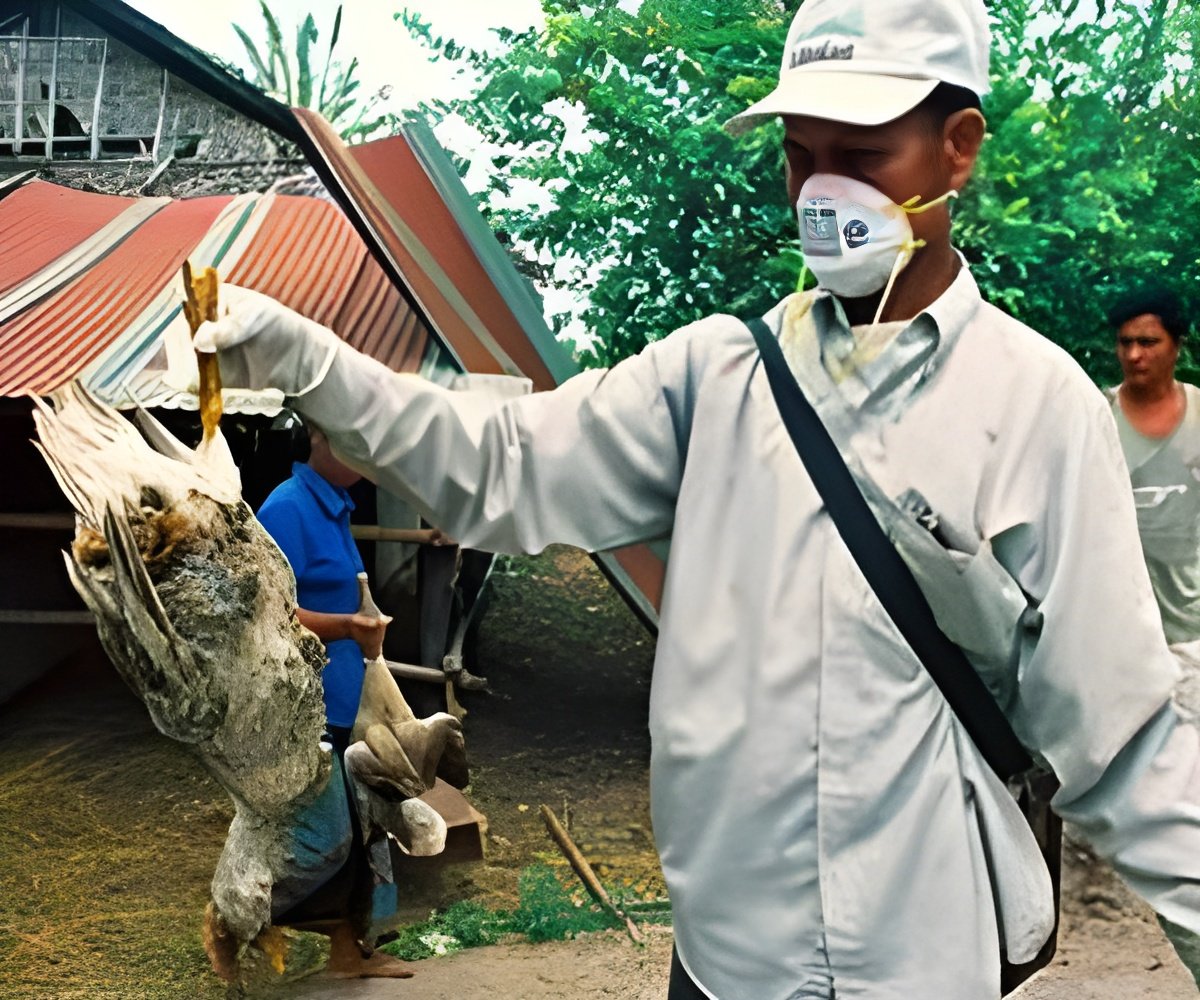
Kerala Health Minister V S Shivakumar said the virus which was identified as H5N1 has not hit humans so far.
Six samples collected from persons with symptoms of avian flu, but all of them were tested negative.
However, the government has equipped the hospitals in Alappuzha to face the situation if humans were found affected with H5N1.
Shivakumar added that government has put under observation around 3 lakh persons and visited 80,000 households in the affected areas.
Although duck deaths have been reported from many parts of Central Kerala, tests showed they were not due to avian influenza.
Advertisement
Advertisement






